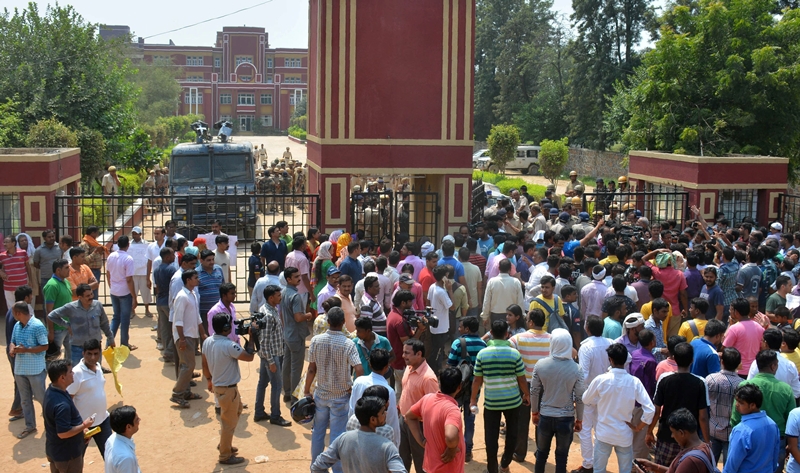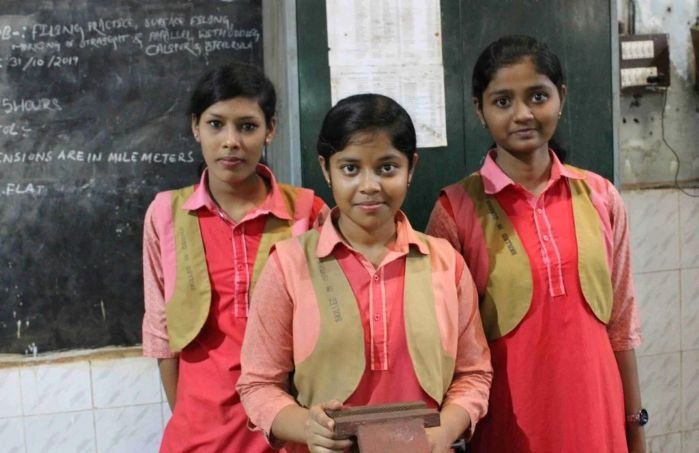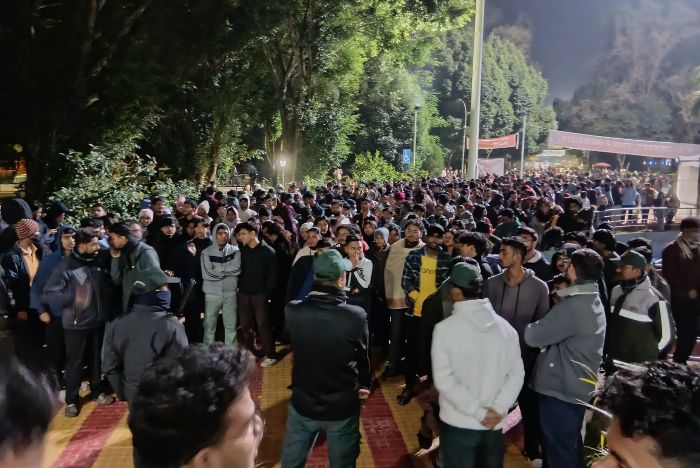
In the recent months, some dastardly acts of shooting and killings on campuses have given rise to fears of a new trend. Ritu Chhabra, 47, principal of Swami Vivekanand Public School, Yamunanagar and Rajesh Malik, 45, lecturer at Shaheed Dalbir Singh Rajkiya Mahavidyalaya, Sonipat were shot dead point blank by own students. Tushar,14, a class 9 student of Jeevan Jyoti Senior Secondary School, Delhi was killed by classmates after a fight. And then the accused in the infamous Ryan murder case of a class 2 student is also a teenager student of the same school.
The horror with which the world watched the news of Marjory Stoneman Douglas High School in Parkland, Florida killings where 17 students died in shootout by an expelled student, 19-year-old Nikolas Cruzwho, was part of 18th shootout in schools in USA in recent past.
So, what is happening? Disciplinary problems of students are getting out of hand. There may be issues for instance in case of USA, the pervasive gun culture and powerful gun lobby, but in case of India, it is more a case of break down in the value system. Ever since, corporal punishment was proscribed in India, teachers have been suffering silently.
Is it time for India to revisit this ban and allow some minimal physical punishment for students, of course with clearer guidelines, checks and balances for misuse and a mechanism to deter its misuse.
A brief case study of a boy may illustrate the usefulness of constructive corporal punishment. Once a boy, a dropout and coming from a caste/ region known for rude and high handed behavior , enrolled in a health vocational trade with a professional diploma institute. Expectedly, he was a nuisance, not doing his assignments, obstructing other students in study and creating all sorts of indiscipline. So, the choice was to rusticate him. But principal wanting to transform this student after talking to parents, called him to his chamber along with the students he was victimizing and gave him a good thrashing. The result, he started behaving and his peers also began to help him. But he was still that fully reformed. At home, he would still throw tantrums and unreasonable demands. The family had found a well-wisher in principal, so they sought his help. He instructed them in his own wisdom not be lenient or relent. Consequently, he successfully completed diploma. He worked briefly, earned some money and then enrolled in a graduate program, did his post-graduation and got a very lucrative technical job. As the happy ending, he became the reason for family prosperity and supported it in all marriages of his siblings and his own.
Human behavioral scientists would be better to analyze such cases, but at the end of the day, teen misbehavior, indiscipline or depression are emotional issues, which need to be tackled by school environments. In absence of wider publicity or sharing of best practices in this domain, teachers and students continue to suffer. It is time to revisit the framework, and empower teachers suitably by training and otherwise to ensure student discipline as part of value system rather than an extension of CCTV monitored security-legal policing.








